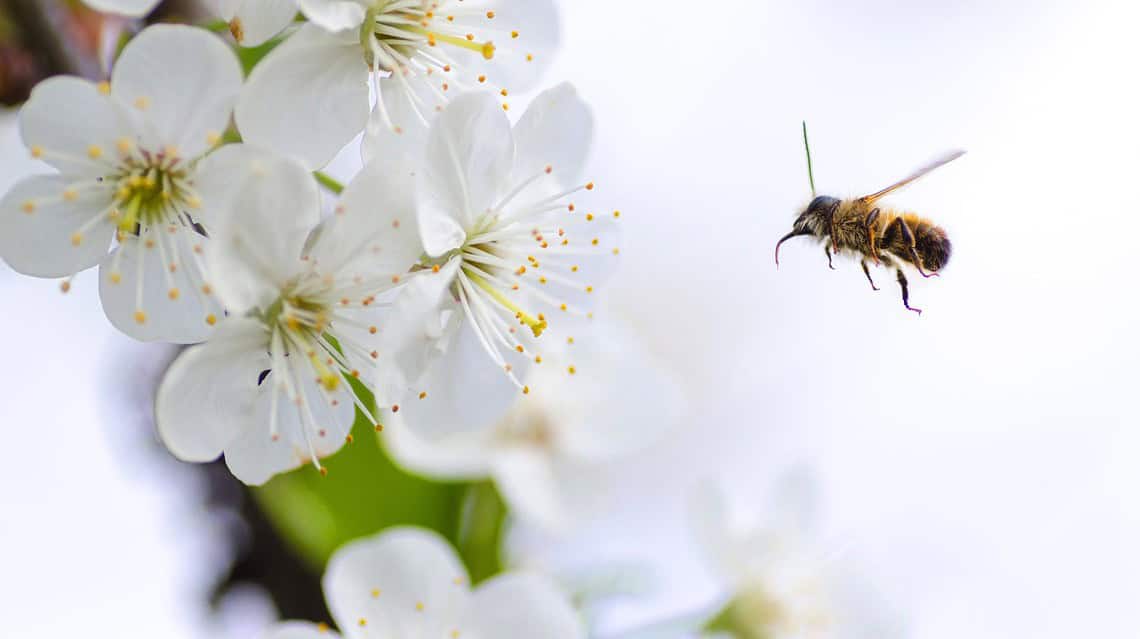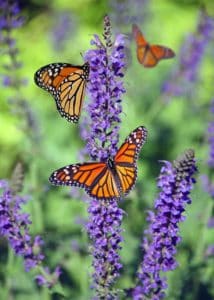Operation Pollination

Photo by Jared Belson.
At the Arabia Mountain National Heritage Area (AMNHA), we’re taking action to help protect our pollinators. Some pollinator populations have been declining (like bees and butterflies), and that’s important not only for the animals themselves: pollinators are responsible for over one third of the food that we eat. We love our pollinators – so we’ve been working with Monarchs Across Georgia on Operation Pollination, an initiative to support these important and wonderful animals. And we’re not alone: as well as numerous partners here in Georgia, we’re working in coordination with 54 other National Heritage Areas around the country, as well as the National Park Service.
National Heritage Areas are made of partnerships – at the AMNHA, we work with a variety of governments, nonprofits, parks, spiritual organizations and local citizens every day to promote this iconic landscape. Helping out our pollinators requires that we all work together. With Operation Pollination, National Heritage Areas are bringing partners together to support the animals that support us. Aimed at protecting, enhancing and restoring pollinator habitat, participants work to expand and conserve the landscapes and plantings that our pollinators rely on. That includes planting pollinator-friendly gardens, identifying and protecting preexisting habitat and increasing education about the wonder and importance (as well as the plight) of these small but mighty animals. We’re also working on monitoring the populations of our pollinators and keeping track of their habitat.
 Here’s what that looks like in practice:
Here’s what that looks like in practice:
At the Monastery of the Holy Spirit, Father Francis Michael has received funding through the Natural Resources Conservation Service, part of the USDA, for pollinator-friendly plantings. He is working with volunteers and professionals to grow bountiful meadows on the Monastery grounds; these meadows will provide habitat for countless pollinators, including the Monarch butterfly.
Through their Milkweed Project, the Dunwoody Nature Center donated plants and materials to General Ray Davis Middle School to create a pollinator garden on campus. A local boy scout troop installed the garden on school grounds and now teachers are coordinating outdoor education there.
And at Davidson-Arabia Mountain Nature Preserve, milkweed donated by Project Monarch Health has been planted near the Nature Center, supporting pollinators while educating park visitors about their importance.
That’s just a taste of what’s going on. You can see the full list of participating organizations here.
Are you part of an organization that wants to take the Pollinator Pledge? Contact us here.
If you’re a concerned citizen who wants to make a difference for pollinators, there are lots of ways to help! You can volunteer with the organizations listed above, or go ahead and plant pollinator-friendly plants in your garden such as butterfly weed and bee balm.

Pollinators are an essential part of the ecosystem – for nature and humans. Photo credit: National Park Service. Click to enlarge.